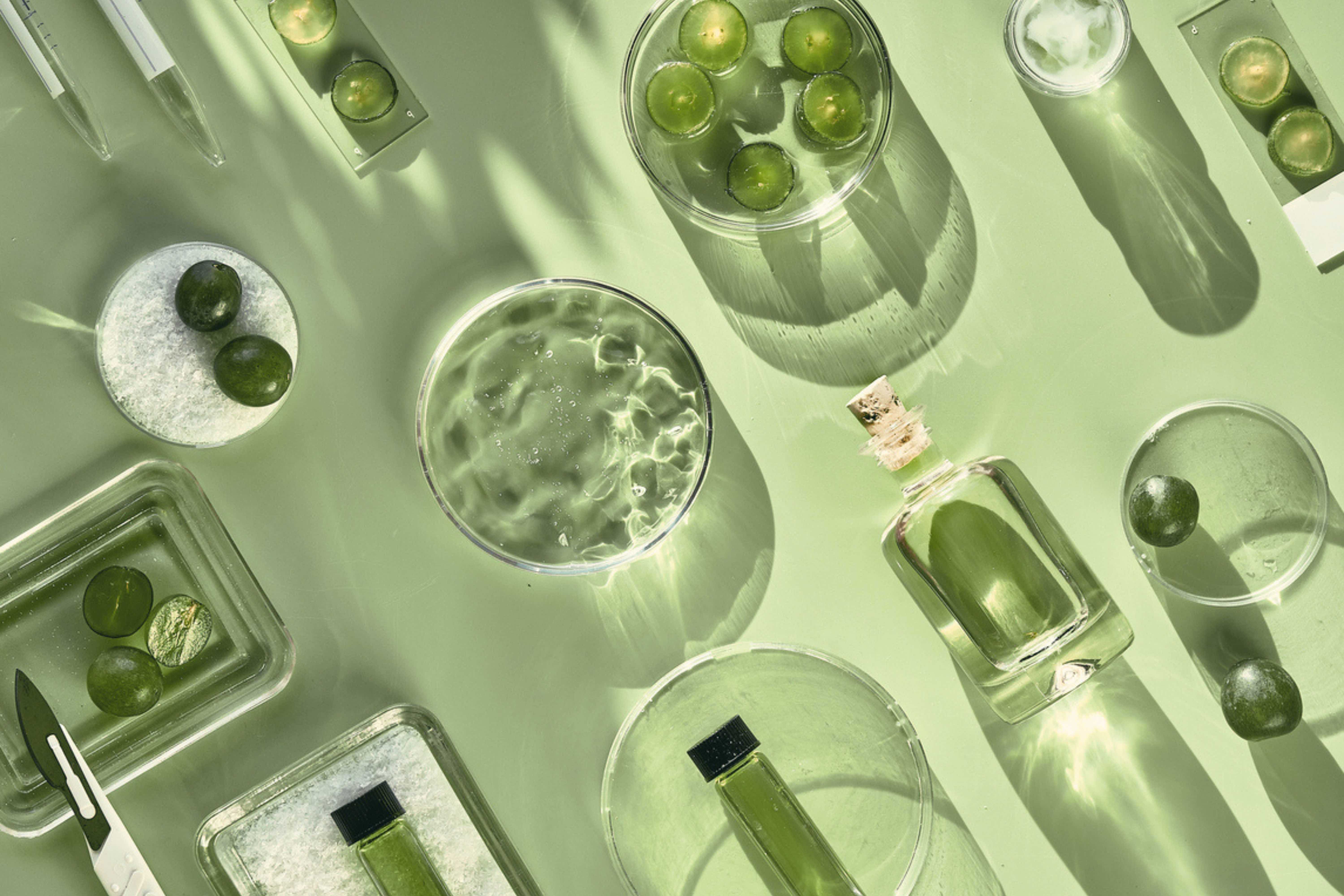
Latest information

Turning grape waste into high quality products
Is it possible to obtain natural extracts with bioactive potential from white grape bagasse? This is possible thanks to the patented process created by i-Grape Laboratory, which allows them to obtain polyphenolic extracts, or in other words, plant substances that have a high antioxidant capacity and provide health benefits such as protection against degenerative diseases, among other applications.
The company's aim is to innovate in the production of natural and organic bioactive extracts, using sustainable and environmentally friendly techniques. The result is a valuable contribution to the circular economy, transforming waste from the wine sector into products with proven antioxidant, antibacterial and fungicidal properties of interest to the pharmaceutical, dermo-cosmetic, veterinary, phytosanitary, animal health and food industries. A process that the company simplifies in a very representative headline: "wine bagasse: from waste to jewel."
Industrial Doctorate Programme
In 2022, the i-Grape Laboratory hired PhD student Diego González Iglesias to carry out his doctoral thesis, with the aim of helping to obtain bioactive extracts of natural origin for use as antifungal therapy in forest pathology and as a food additive in animal feed.
Thus, his doctoral thesis, under the supervision of Lecturer of Analytical Chemistry Marta Lores Aguín of the Laboratory of Research and Development of Analytical Solutions of the University of Santiago de Compostela, develops research to obtain bioactive compounds from native oaks in Moreda, in the Serra do Caurel, and that will have application in the forestry and livestock sectors, as a feed additive to help reduce the use of antibiotics to protect animal health.
Diego González is one of the doctoral students taking part in the Industrial Doctorate programme of the Regional Government of Galicia. This programme, jointly organised by the Regional Ministries of Economy, Industry and Innovation and Culture, Education, Vocational Training and Universities, supports the hiring of doctoral students by Galician companies for their research and innovation projects.
A third edition of the programme, with a budget of 1.9 million euros, is planned for the near future, with the aim of supporting the hiring of a further 15 students. The maximum annual grant for the company or technology centre is 36,000 euros, which is supplemented by the grant awarded to the university to cover project development costs and the cost of enrolment in the doctoral programme (up to an additional 10,000 euros).
This is not i-Grape Laboratory's first and only collaboration with universities and research teams. In fact, they commissioned the "Food, Technology and Health (ALTESA)" research group at the University of Burgos to carry out a project to validate active grape-derived metabolites in the treatment of acute myocardial infarction. This study won third place in the Desafío Universidad Empresa (University Enterprise Challenge) awards in the fields of medicine and agricultural, granted by the Regional Government of Castile and León.
Commitment to research
In a market that is increasingly unpredictable, volatile and impatient, as the pandemic has shown us, i-Grape Laboratory's response is a real commitment to research and development from a department linked to the needs expressed by its customers in order to respond quickly and efficiently to the market's demands for bioactive ingredients of natural origin.
The company provides on-demand research on plant residues that the customer needs to re-value, contributing to the circular economy of the forestry and livestock sectors, with a sustainable and environmentally friendly approach. It also promotes the industrial validation of the research carried out by the R&D department, in collaboration with the USC_LIDSA (Laboratory for Research and Development of Analytical Solutions) research group at the University of Santiago, on the bioactive substances that have the greatest market potential due to their novelty, commercial value and high demand.